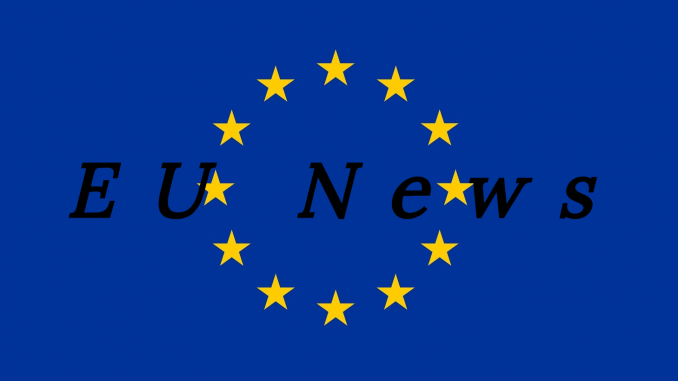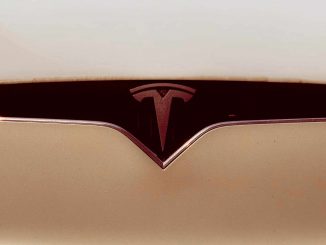
Back in November 2017, US President Donald Trump threatened leaving the Iran deal, as, supposedly, the country had violated the agreement. The EU heavily criticized this threat, as it took 12 years to reach an agreement between Iran, the US and the EU.
Artículo disponible en Español | Article disponible en Français
At the beginning of last month, May 8th, US President Donald Trump announced the US would be exiting the deal, putting back the sanctions on Iran.
Both EU’s and Iran’s response were immediate. The EU announced they would work to save the deal and protect EU interests in Iran, while Iran said they would go back to enriching uranium if the deal was not respected, as agreed. As a reminder, the original deal, signed in 2015, meant a reduction in Iran’s capacity of enriching uranium, as well as focussing on civil-use uranium production. One of Iran’s enrichment plants was also converted into a research centre.
The countries with the most interests in Iran are France, Italy and Germany. Both the French energy company Total and the car maker Peugeot have big investments in the country, as well as the European aeronautical giant Airbus. In total, in 2017, the EU exported close to 11 billion euros worth of goods, mainly machinery, transport equipment and chemicals, as well as manufactured goods. The largest category was machinery and transport equipment, worth 5.5 billion euros alone (50.9%). The EU imports were worth around 10 billion euros, with most of it being energy, as well as manufactured goods and food. The largest category was mineral fuels, worth 8.9 billion euros and representing 88.7% of EU imports from Iran.
As EU leaders struggled to find a solution to the problem, some European companies announced they would either retire or temporarily stop their investments projects in Iran, fearing sanctions from the US. The US disposes of a rather… “interesting” system to police the world. Companies trading in US dollars must respect US rules. Therefore, if the US puts sanctions on a specific country, companies trading with US dollars are not allowed to trade with the country in question.
The EU proposed, as a solution, to buy oil from Iran in euros, thus escaping US sanctions. But this may not be a long-term solution for companies trading with Iran who have interests in the US too, such as Airbus or Peugeot. The EU proposed covering the sanctions, while finding a solution. A proposition is using an old regulation, first used in 1996, which protected European companies doing trade with Cuba. The European Commission has already launched the procedure to update this regulation, but it will not protect international companies that have interests in the US, where the US government will be able to sue them.
Until recently, various EU leaders said it was better to comply with the US sanctions and leave the nuclear deal, as the US could pressure the EU with the aluminium and steel tariffs. Now, the US has also confirmed they wouldn’t give the EU an exception on the tariffs, further proving the US administration cannot be trusted.
Whether European companies choose to continue trading with Iran or complying with US sanctions, they’ll be losing in both cases, as the European Commission will be banning EU companies from complying with the US regulation.
More on this subject:


